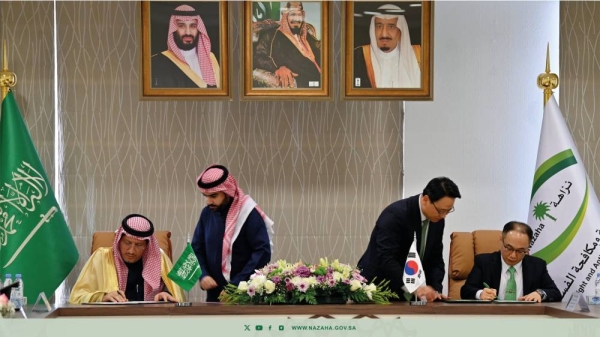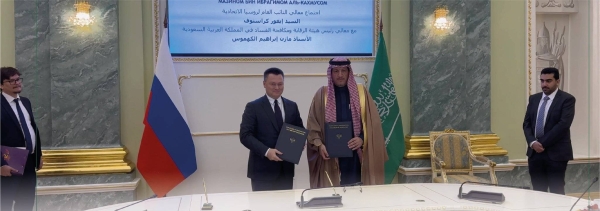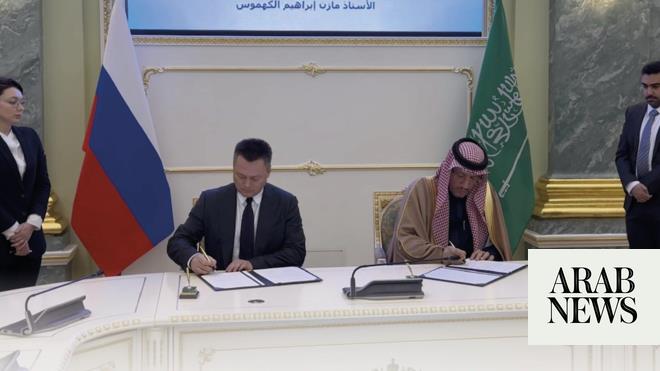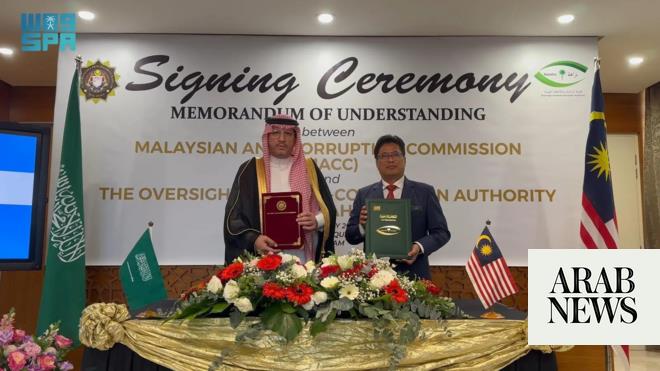
In 2017, Saudi Arabia set up a rigorous and ambitious anti-corruption committee, led by Crown Prince Mohammed bin Salman, with the aim of purging the Kingdom of all kinds of dishonest dealings.
The committee launched a wide-reaching anti-corruption campaign resulting in the arrests of a large number of prominent Saudi nationals. When its mission came to an end in 2019, the committee was able to return more than SR400 billion ($107 billion) to the state treasury in the form of real estate, companies, cash, and other assets.
The Kingdom has continued to crack down on corruption regardless of the social status or official position in government or private sector bodies that those involved have held.
Efforts were supported through the creation of the National Anti-Corruption Commission (Nazaha) to maintain integrity, promote transparency, and combat all forms of financial and administrative wrongdoing.
Nazaha’s main goals and objectives are to investigate financial and administrative corruption in public works contracts, oversee operation and maintenance contracts related to matters of public concern or under the commission’s jurisdiction, and pursue legal action with regard to contracts involving corruption or those executed in breach of laws and regulations.
On detection and where applicable, the commission also refers violations and irregularities related to financial or administrative corruption to audit or investigation agencies, and reports to the head of the organization the violating employee is linked with.
Additionally, a national strategy was put in place to maintain integrity and fight corruption in the Kingdom. The strategy was based on several fundamentals, such as the Islamic religion and the Shariah way of life, and cooperation between the country’s competent authorities.
Saudi Arabia has also fought corruption internationally and has helped related global efforts through the signing of agreements, attending conferences and symposiums, and promoting international cooperation.
Significantly, the Kingdom launched the Riyadh initiative (GlobE Network) to establish a global operational network for information exchange between anti-corruption law enforcement authorities.
It also aims to develop a rapid and effective tool to combat cross-border corruption crimes, enhance cooperation between anti-corruption authorities, and create a secure global platform to facilitate the exchange of information between anti-corruption law enforcement authorities.
The initiative has been developed in partnership with G20 countries and related international organizations such as Interpol, the financial intelligence Egmont Group, the Organization for Economic Cooperation and Development, the Financial Action Task Force, the World Bank, and the International Monetary Fund.
Without a doubt, the Kingdom’s efforts to combat corruption locally and globally are well-recognized, and noticeable internationally.
Ghada Waly, executive director of the UN Office on Drugs and Crime (UNODC), said: “The Riyadh initiative will offer much-needed operational support to anti-corruption authorities, and I am grateful to Saudi Arabia’s G20 Presidency and our partners at Nazaha for their generous support.”
• Talat Zaki Hafiz is an economist and financial analyst. Twitter: @TalatHafiz
Disclaimer: Views expressed by writers in this section are their own and do not necessarily reflect Arab News" point-of-view












